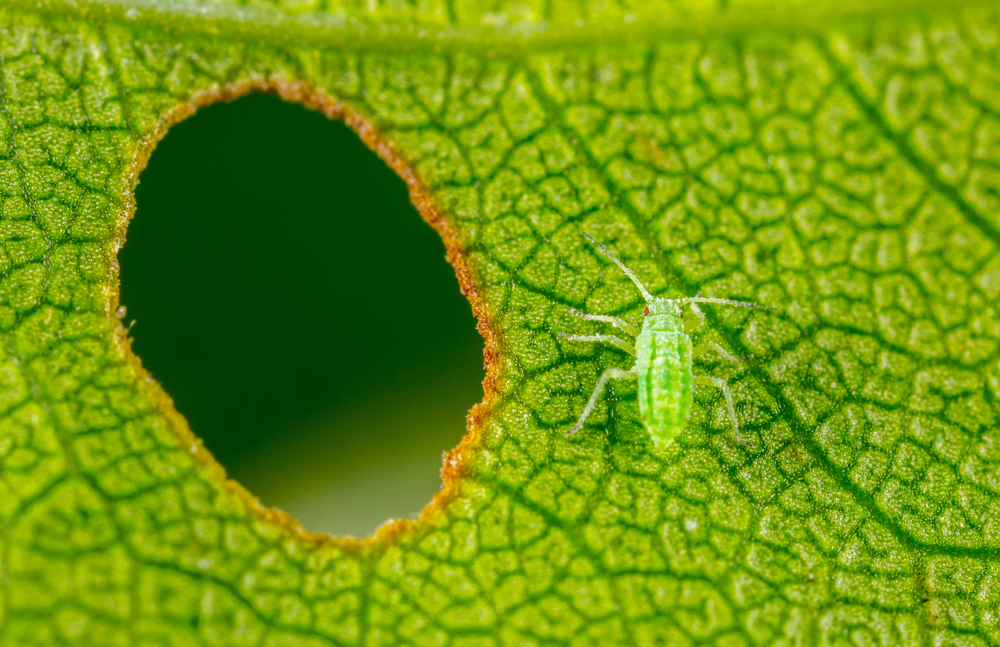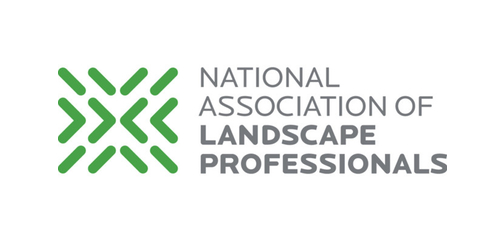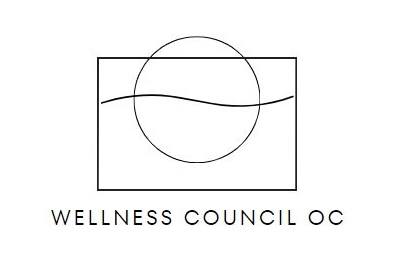Congratulations! You’ve taken the first step and brought live plants into your home or office. You know the benefits that plants on your life–cleaner air, better mood, increased productivity–but now you have to take care of them. Live plants can become a breeding ground for pests if you don’t take steps to prevent them.
So what are you battling here anyway? There are several different insects that can attack or infest your houseplants, including mealybugs, spider mites, whiteflies, fungus gnats, scale, thrips, and aphids, among others. These pests feed on the leaves, stems, or roots of your plants. Any of these insects can kill your plants if untreated.
So how do you stop pests in their tracks? Here are a few tips for keeping your plants insect-free.
Prevent, Prevent, Prevent
- Did you know that you have to dust your plants, just like you dust your furniture? It’s true. Wiping down your plants’ leaves, especially on large-leafed plants, is important not only for pest prevention but to facilitate proper exposure to sunlight. You can use a leaf shiner or a simple mix of Dove soap and water and wipe with a soft cloth.
- Heat is another factor. Insects tend to like warmth, so watch your plants that live in direct sunlight. Be particularly diligent with cleaning these sun lovers to keep them pest-free.
- Water correctly. Do plants love a good drink? Yes. Do they need to swim? Absolutely not. Soil should never be soggy. Not only is wet soil bad for plants because of mold issues, but it can also be a breeding ground for pests. If you’re in doubt, grab a soil meter and test the moisture level in your pots.
Treat Quickly
If you notice any webbing, white residue, white spots, or black, pepper-like spots on your plants, treat them immediately. These are signs of infestation, and they will not go away on their own. These infestations will kill your plant and could spread to other plants in the area.
Here are a few different ways to treat infestations:
- Wipe down leaves with a cotton pad soaked in rubbing alcohol. This will disinfect your leaves.
- Spray an insecticidal soap such as Safer Insect Killing Soap. Look for potassium salts of fatty acids as an active ingredient.
- You can also make your own insecticidal soap by mixing mild dish soap with water and washing down the leaves. This mix will kill bugs on contact.
- Cover the top inch of potting soil with a natural soil barrier such as landscaping fabric to prevent pests from laying their eggs in the soil. It can also kill any larvae that have already hatched.
- You can also treat for the long term using Neem Oil, which is a natural pesticide. Other natural remedies are hot pepper spray or horticultural oil.
- If you have gnats, sticky traps are a great chemical-free way to trap and kill them.
- If you have a major infestation on a large tree or atrium, use a systemic pesticide. Systemic pesticides are water-soluble and meant to be absorbed by the roots of a plant. The chemical can then travel throughout the plant, warding off pests. Systemic pesticides are often best used by professionals. If you feel you need them or have questions, a Plantscapers pro is happy to help.
We all love our houseplants and want them to thrive. Warding off insects is just one part of caring for them. Most often, dealing with indoor pests will take a series of treatments, so be diligent. Follow an aggressive course of prevention and treatment to keep your plants healthy and pest-free.
Need help? Drop us a line, and we would be happy to chat!







